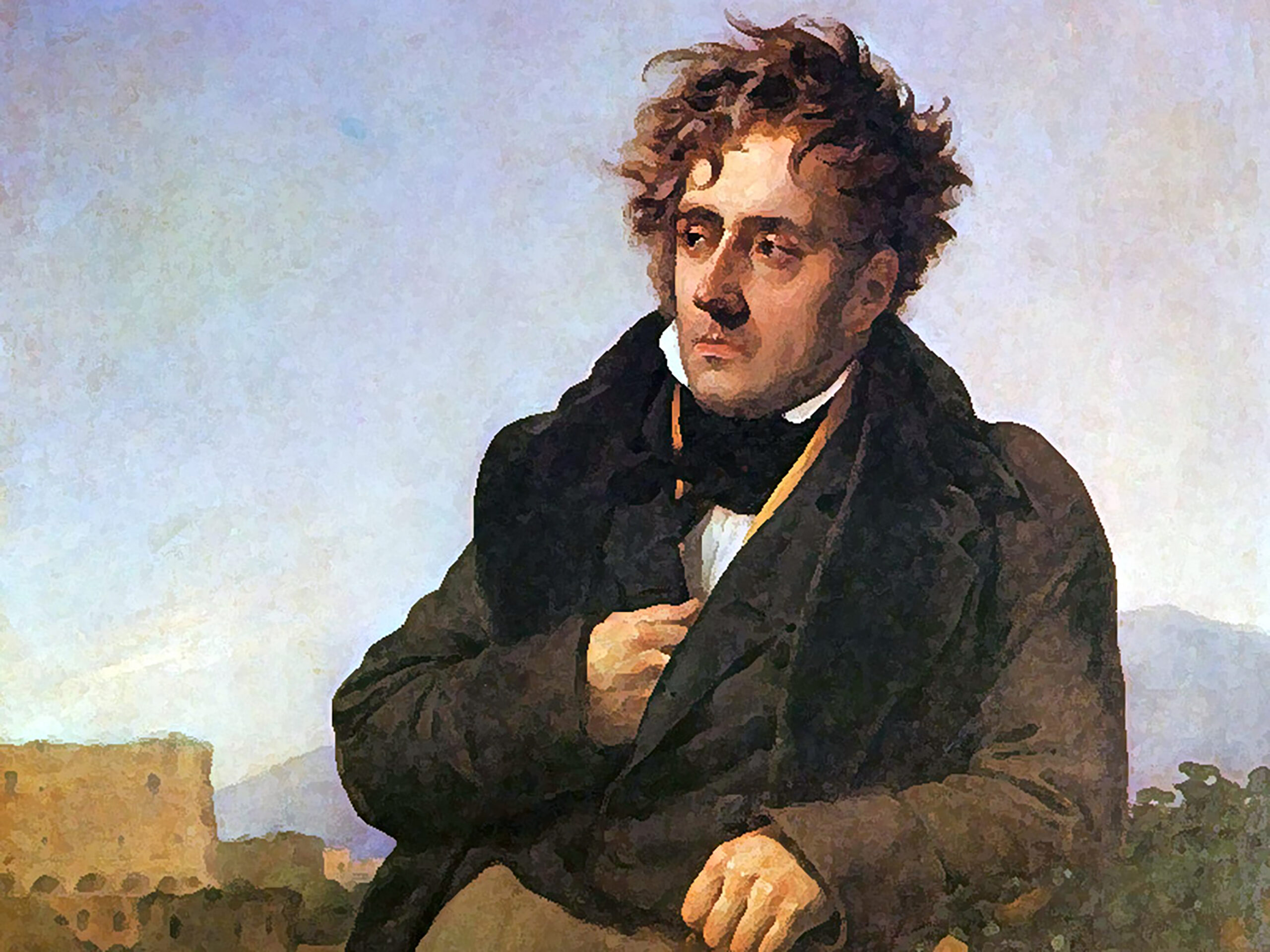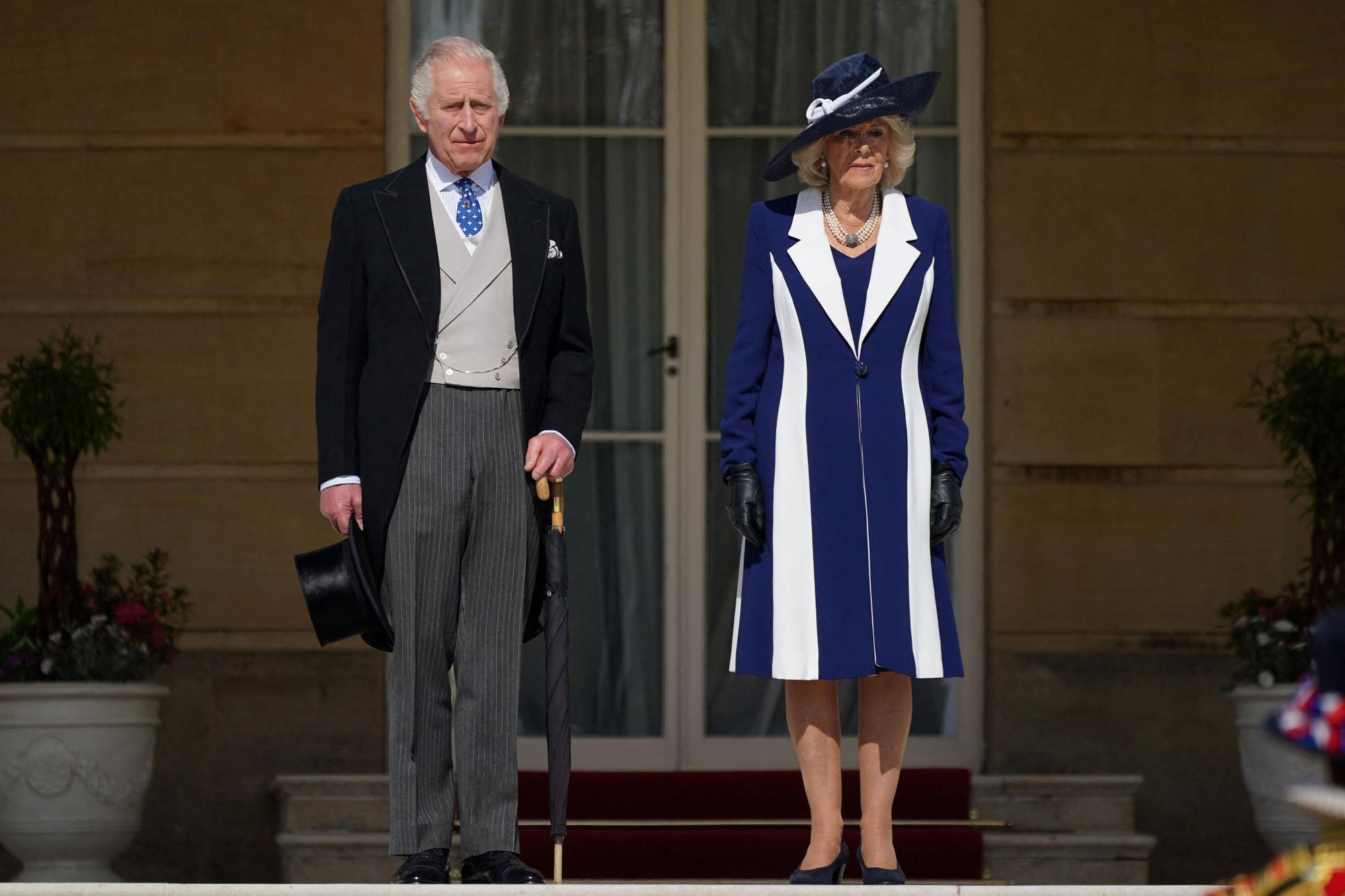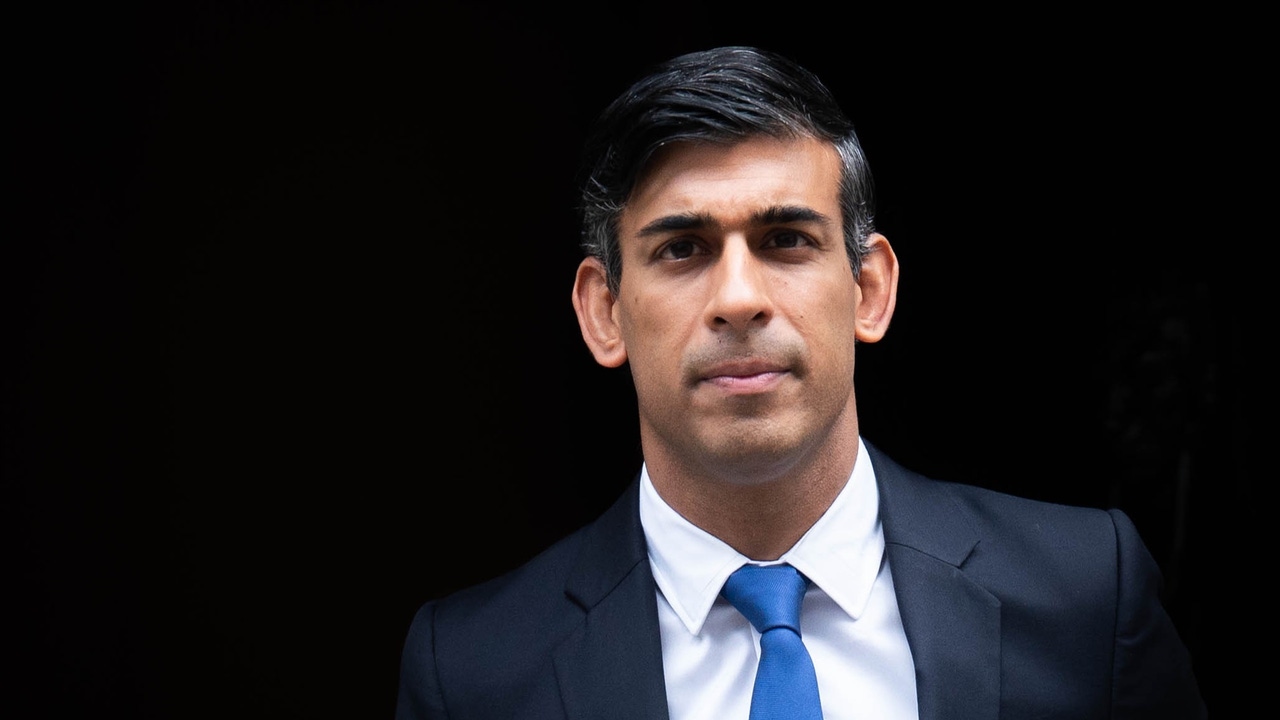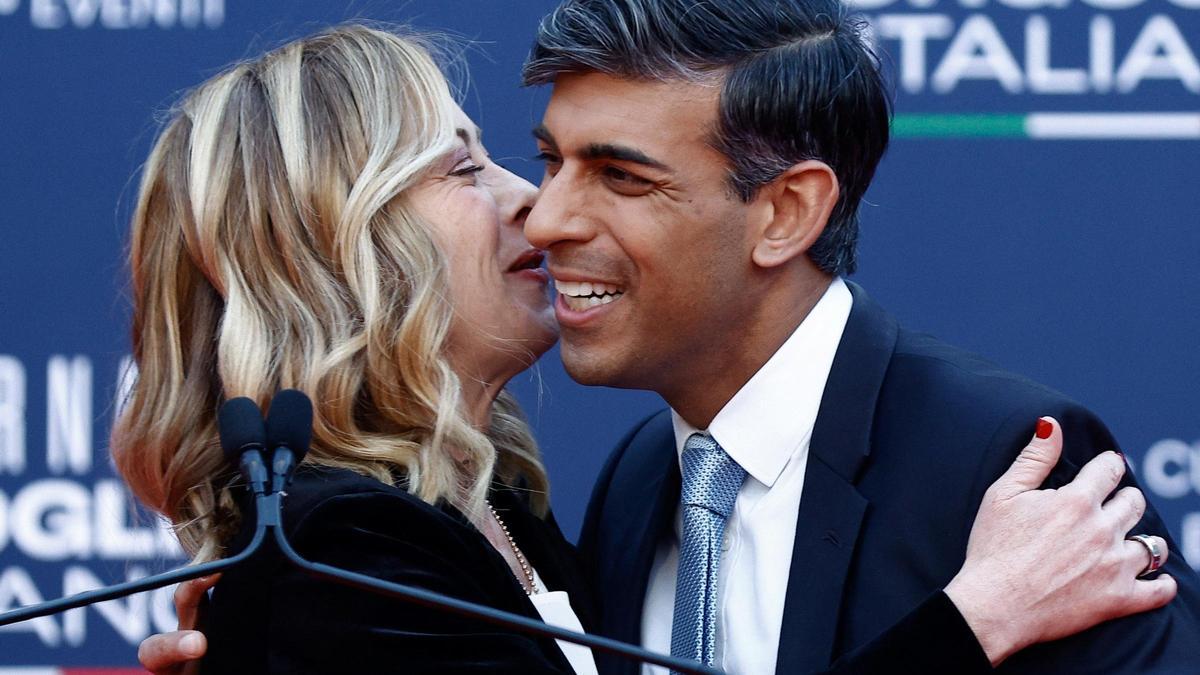I decided that my summer reading… would become a Chateaubriand memoir (memories from the grave). I have wanted to read it since I bought the book in the mid-1970s. In the edition I have, the memoir is published in three (large) volumes. I’ve read parts of Volume 1 or 2, but I’ve never touched Volume 3. But now that my eyesight is getting worse, Volume 3, comfortably printed in large print, catches my eye. So I took it. This is a book of about seven hundred pages. It could be arranged much better (but I won’t talk about it) and covers the years 1828-1838.
For those of you who don’t know who Chateaubriand is, I suggest you check it out on Wikipedia. The one-sentence description is that he was well known in politics as a “loyalist,” someone who defended the French monarchy, went into exile for it, then returned under Napoleon when amnesty was declared for the exiles, and under the Restoration became French Minister of Foreign Affairs; in literature, he is known for his “romanticism”. So, we have the usual combination of conservatism and romanticism.
But it wasn’t that simple: although Chateaubriand was a Bourbon supporter, he was well aware that the revolution and then Napoleon broke the back of the hereditary monarchy and destroyed the mystical relationship between the people and their king. The next Republic is inevitable. Ideally, Chateaubriand would favor the British solution, a monarchy that maintains the appearance of legitimacy and attracts ancient beliefs, but does not rule. Interestingly, he never explicitly mentions the British solution, although of course he is well acquainted with the British system, having at least lived there during his exile and briefly served as French ambassador to England.
Like any good book – and let me say that it is a good one despite its many flaws – Chateaubriand’s makes the reader reflect not only on the issues of the time it describes, but, more generally, on the issues that concern us today. I’ve chosen three, though I could find more.
The role of true believers in politics. It would not be an exaggeration to say that Chateaubriand had been infatuated with the idea of a “legitimate monarchy” which, in the case of France, originated in the House of Capetians, some 800 years before Louis XVI was beheaded. But madness, like all madness, had several characteristics— stupid. Chateaubriand gave the monarchy a shimmer, more imaginary than real, which, he argued, must have existed under the most famous rulers, such as Louis IX and Louis XIV. Anything less than that – and his contemporaries, including the king and future kings, were always below that high imaginary level – was unacceptable. By having such high ideals, he succeeded in alienating the people he supported. They found Chateaubriand obnoxious (one imagines reading between the lines), perhaps even unbearable, quietly criticizing whenever he met a king he felt was not up to his own standards. Thus, practitioners of “real” politics almost always marginalize him (l’ecarlisten)) during the Restoration, despite his brief success as foreign minister and as ambassador to the pope.
In all this, Chateaubriand reminds me of true socialism, which those involved in “real” politics also find disturbing and embarrassing. It is not surprising that, little by little, these true believers were eliminated and that, although those they bombed and supported could not completely get rid of them (even though Stalin did), they were kept at a safe distance. .
What circumstances give us the right to a higher income that we seem acceptable? Since Chateaubriand believed in a hereditary monarchy, it was understandable that he thought that the heir to the throne, by virtue of his birth, had special and unique rights. For this reason, he regrets the bad luck that not only deprived Louis XVI of this right (which, one might say, lost it himself), but also of the young son of Charles X, who was actually too young to have done anything wrong. . What we consider today to be a pure state (a birth that should not confer any special rights on the person who arbitrarily benefits from it) became for Chateaubridan just the opposite: one that conferred the right to high position and wealth. .
However, Chateaubriand is not blind to the unfair role of circumstances in general. With regard to both himself, and even more to Talleyrand (whom he despised), he wrote about the advantages afforded by birth to nobility. So he knows injustice when he sees it; but in the special case of the heir to the throne, he thought the advantage bestowed was fine.
Today we do not distinguish between the inclusion or exclusion of somewhat arbitrary (i.e., regardless of effort) circumstances that we believe confer special rights to the beneficiary. Obviously, inheritance is one of those cases: we discuss how much inheritance is permissible and from whom it can be inherited. But, like Chateaubriand, in today’s monarchies, the rights of the king and his family – rights that come with a hefty salary, freedom from taxation, etc. – are rarely questioned, while equality of opportunity is publicly proclaimed. Why does equality of opportunity stop so open at this point, as it stops in Chateaubriand’s thinking?
Or why does the desire for equal opportunity stop at national borders? The higher income earned by being born in a rich country is also regarded as impeccable and often even undeniable.
Religious and economic inequality. Chateaubriand, a deeply religious man, who believed, as we have seen, in royal legitimacy, had the same opinion on the use of religion as Marx. This is the opiate of the people; although Chateaubriand would not give it the negative connotation that Marx did. Here are two quotes from Chateaubriand:
Can a political state in which some people make millions while others starve to continue when religion doesn’t exist with otherworldly hopes to account for the sacrifices?
Great inequality of conditions and wealth can be endured while hidden. But as soon as the inequality became universally apparent, it took a fatal blow. Begin again, if you can, to tell aristocratic fiction; try to convince a poor man who knows how to read and who no longer believes in God, and who has the same upbringing as you: yes, try to convince him that he has to accept this deficiency while his neighbors indulge in extravagant things.
Thus, as long as (1) gross disproportions in income and wealth are invisible, or (2) religion exists to “explain” them, the unequal order can continue. (A thought familiar to Keynes, who in the first chapter of his work Economic consequences of peace argues that income inequality is acceptable as long as the rich do not consume but invest their increasing income). But Chateaubriand is also pessimistic. He thought that with the fall of the long-standing monarchy and the weakening of religious sentiment, inequality would naturally lead to revolution.
He is not against redistribution of wealth, although I think equality in a formal sense (eg peasants having the same formal rights as nobles) might be too much for him. But above all, he feared that the revolutionary pendulum, once driven by inequality that was no longer hidden from view and in a society without a God to “justify it,” would swing too far. The love for what he calls “absolute equality” can go beyond equality in economic conditions. It could end up imposing equality on the moral and physical planes and result in the most heinous slavery of the “soul”. In this he was quite far-sighted: the excesses of the French revolution were only reinforced by the Russian and Chinese revolutions, and attempts to create “absolute equality” led to tyranny.
Translation by Daniel Gascon.
Originally published in author’s blog.

“Web specialist. Incurable twitteraholic. Explorer. Organizer. Internet nerd. Avid student.”







